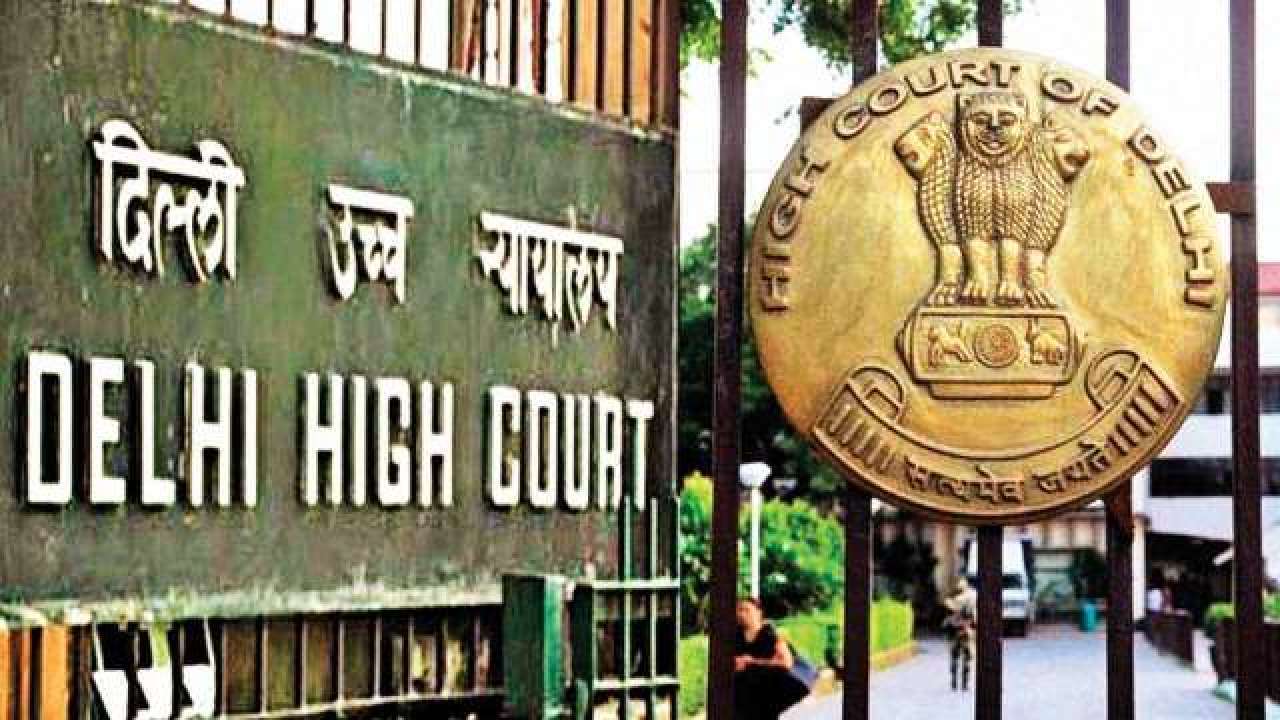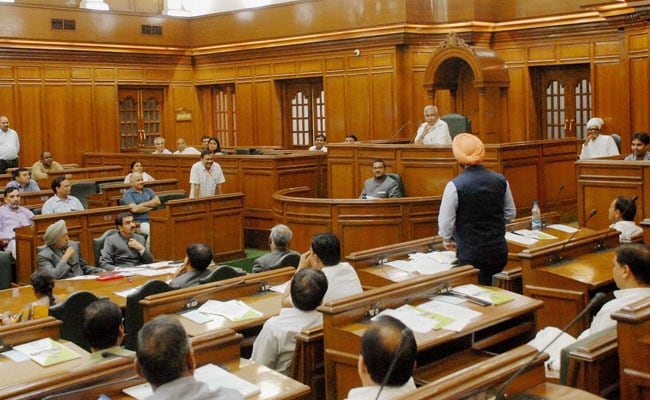Delhi High Court turns down PepsiCo’s appeal against revocation of potato patent on JULY 08, 2023

Delhi High Court turns down PepsiCo’s appeal against revocation of potato patent on JULY 08, 2023
In a legal development, an Indian court has rejected PepsiCo Inc’s appeal against an order that revoked a patent for a specific potato variety exclusively cultivated for the company’s Lay’s potato chips. The revocation was carried out by the Protection of Plant Varieties and Farmers’ Rights (PPVFR) Authority in 2021, citing that Indian regulations do not permit patents on seed varieties.
PepsiCo had previously obtained intellectual property protection for its FC5 potato variety in India. However, the PPVFR Authority, responsible for overseeing plant varieties and farmers’ rights, reviewed the situation and concluded that seed varieties are not eligible for patent protection under Indian law. As a result, the Authority invalidated the patent, effectively revoking PepsiCo’s exclusive rights over the FC5 potato variety.

The decision of the Indian court to reject PepsiCo’s appeal reaffirms the position taken by the PPVFR Authority and upholds the principle that patent protection cannot be granted for seed varieties in India. This ruling aligns with the objective of the Indian regulations to promote the rights of farmers and protect their traditional knowledge and seed-saving practices.
The Protection of Plant Varieties and Farmers’ Rights Act in India aims to safeguard the interests of farmers and ensure the availability of diverse and affordable seed varieties. The Act emphasizes the importance of preserving traditional agricultural practices, encouraging sustainable farming, and preventing monopolistic control over plant genetic resources.

By rejecting PepsiCo’s appeal, the Indian court has upheld the authority’s decision, highlighting the country’s commitment to preserving farmers’ rights and maintaining the accessibility and diversity of plant genetic resources. This ruling serves as a precedent for future cases and reinforces the legal framework governing intellectual property protection about seed varieties in India.
It is worth noting that the above information is based on the knowledge available up until my last update in September 2021. For the most accurate and up-to-date information regarding the legal proceedings and subsequent developments in this case, it is advisable to refer to official sources or consult recent news articles on the subject.
After Kavitha Kuruganti, a farmers’ rights activist, raised objections, the authority responsible for patents in India removed PepsiCo’s patent cover for a seed variety. Kuruganti argued that the company should not be able to claim a patent over a seed variety.

In response to the removal of the patent cover, PepsiCo filed a petition with the Delhi High Court, seeking to challenge the authority’s decision.
On July 5, Delhi High Court judge Navin Chawla issued an order dismissing PepsiCo’s appeal against the authority’s decision to revoke the patent cover. This means that the court upheld the authority’s decision and denied PepsiCo’s appeal.
PepsiCo has acknowledged the court’s order and stated that they are currently reviewing it. A spokesperson for PepsiCo India issued a statement confirming their awareness of the order and stating that they are in the process of reviewing it.
The outcome of this case marks a significant development in the ongoing debate around patent rights related to seed varieties, particularly in the context of agricultural practices and farmers’ rights in India. The decision by the authority and subsequent dismissal of PepsiCo’s appeal by the Delhi High Court reflects the importance of addressing concerns raised by activists and stakeholders regarding patent claims on seeds.
Based on the information provided, it appears that there was a revocation order related to the FC5 seed variety developed by PepsiCo, the U.S. snacks and drinks maker. The FC5 variety is used in the production of snacks like potato chips and has a lower moisture content.

In this context, the statement by Kuruganti expresses satisfaction with the judgment of Justice Navin Chawla, as it upheld the revocation order. While the specific details surrounding the revocation order are not mentioned, it can be inferred that there was some legal or regulatory action taken against PepsiCo’s exclusive rights or claims regarding the FC5 variety.
The revocation order could imply that the exclusive rights or registration of the FC5 trait by PepsiCo have been invalidated or revoked by the authorities. This could have implications for PepsiCo’s control over the FC5 variety and its ability to enforce exclusive supply arrangements with farmers.
Without further information, it is difficult to provide more specific details about the revocation order or the reasons behind it. However, it appears that Kuruganti, in their statement, views the revocation order as a positive development, possibly indicating a shift in the control or ownership of the FC5 seed variety.
In addition to the patent infringement issues faced by PepsiCo, another major U.S. company, Monsanto, also encountered intellectual property disputes in India. Monsanto, a seed maker known for its genetically modified crops, was involved in a lengthy legal battle regarding its patented technology for genetically modified cotton seeds.
Monsanto’s technology, specifically the Bt cotton seeds, became widely adopted by Indian farmers, leading to increased crop yields and reduced pest damage. However, disputes arose over the pricing and licensing of these seeds, with some farmers and activists arguing that Monsanto’s practices were unfair and detrimental to the agricultural sector.
In 2019, after years of legal proceedings, Monsanto, acquired by the German drugmaker Bayer AG, decided to withdraw from certain businesses in India. This decision followed the Indian government’s decision to impose price caps on genetically modified cotton seeds to address concerns about affordability for farmers. The dispute and Monsanto’s withdrawal from some operations in India led to significant debates and discussions around intellectual property rights, agricultural policies, and the impact on farmers.
Indeed, the patent infringement issues faced by companies like PepsiCo and Monsanto have shed light on the intricate and multifaceted nature of intellectual property rights, especially in the realm of agriculture and seed technology. These cases have highlighted the complexities involved in balancing the rights of companies to protect their innovations and investments with the interests of farmers and the broader public.

In the case of PepsiCo, the revocation of the patent for their potato variety in India exemplifies the challenges companies can face when seeking intellectual property protection for seed varieties. The Indian authorities determined that patents cannot be granted for seed varieties under their existing regulations. This decision reflects the objective of safeguarding farmers’ rights, promoting agricultural diversity, and preventing monopolistic control over genetic resources.
Similarly, Monsanto, a multinational agrochemical and agricultural biotechnology corporation, has faced legal controversies regarding its patented genetically modified seeds, particularly in relation to unauthorized use by farmers. These cases have raised concerns about the potential negative impact on small-scale farmers who may inadvertently violate intellectual property rights due to factors such as cross-pollination or seed saving practices.
These issues have prompted discussions about the importance of striking a balance between protecting intellectual property rights and addressing the needs of farmers and the wider public. It has underscored the significance of considering the public interest in areas such as food security, sustainable agriculture, and access to affordable seeds.
Efforts are being made to address these challenges through various means. For instance, organizations like the International Treaty on Plant Genetic Resources for Food and Agriculture seek to promote access to and sharing of genetic resources while recognizing the rights of farmers and indigenous communities. Additionally, some countries have implemented specific regulations, such as compulsory licensing provisions or provisions for farmers’ rights, to address the complexities surrounding intellectual property rights in agriculture.
Overall, the patent infringement cases involving companies like PepsiCo and Monsanto have raised awareness about the need for a balanced and nuanced approach to intellectual property rights in the agricultural sector. These discussions emphasize the importance of protecting innovation and investments while also ensuring farmers’ rights, promoting sustainable agriculture, and securing the overall public interest in food security and agricultural diversity.



